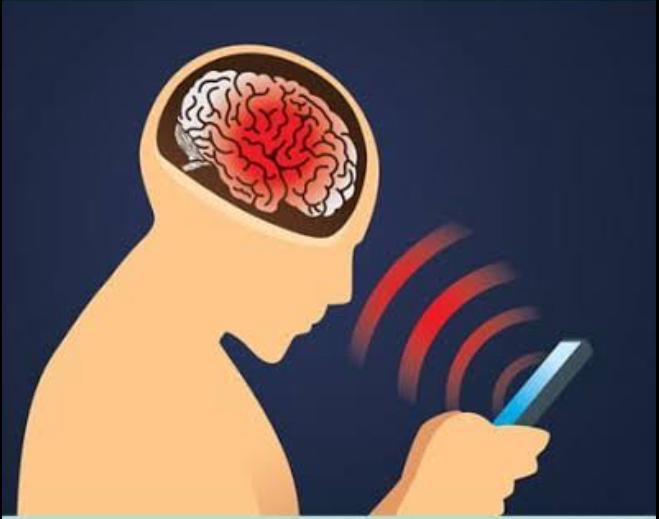What is Digital Dementia?

In our hyperconnected world, it’s easy to rely on our devices for everything—directions, reminders, even conversations. But what if this convenience is quietly rewiring your brain?
Digital dementia is a term coined by German neuroscientist Dr. Manfred Spitzer, describing a pattern of cognitive decline—especially in memory and attention—linked to overuse of digital devices. While it’s not a formal diagnosis, it raises a valid concern: are we trading our brainpower for screen time?
Excessive use of smartphones, tablets, and computers—especially when multitasking—has been shown to mimic symptoms of mild cognitive impairment (MCI), including:
- Short-term memory loss
- Difficulty concentrating
- Impaired learning
- Struggles with multitasking
- Decreased orientation and recall
Sound familiar? Maybe you’ve used GPS a dozen times to get somewhere, yet you still can’t remember the way without it. Or perhaps you notice that reading a book or following a real-life conversation feels harder to absorb than scrolling through a digital summary.
Biopsychosocial research suggests that chronic sensory stimulation (like constant screen exposure) affects brain development, particularly in adolescents and young adults. It alters brain structure—gray and white matter volumes—and increases risks of emotional, behavioral, and cognitive disorders. Over time, this may contribute to accelerated neurodegeneration, poor memory formation, and even early-onset dementia-like symptoms.
What’s causing it?
- Information overload: The nonstop digital stream overwhelms our cognitive filters.
- Reduced memory practice: Why memorize anything when your phone does it for you?
- Brain activity changes: Screens reshape how our brains store, retrieve, and prioritize information.
Your brain, like any muscle, needs real-life stimulation to stay sharp. When we stop using memory, focus, and problem-solving skills naturally, we risk losing them.
Take a moment to unplug. Let your brain breathe.
It remembers more than you think—if you let it.



Comments (0)